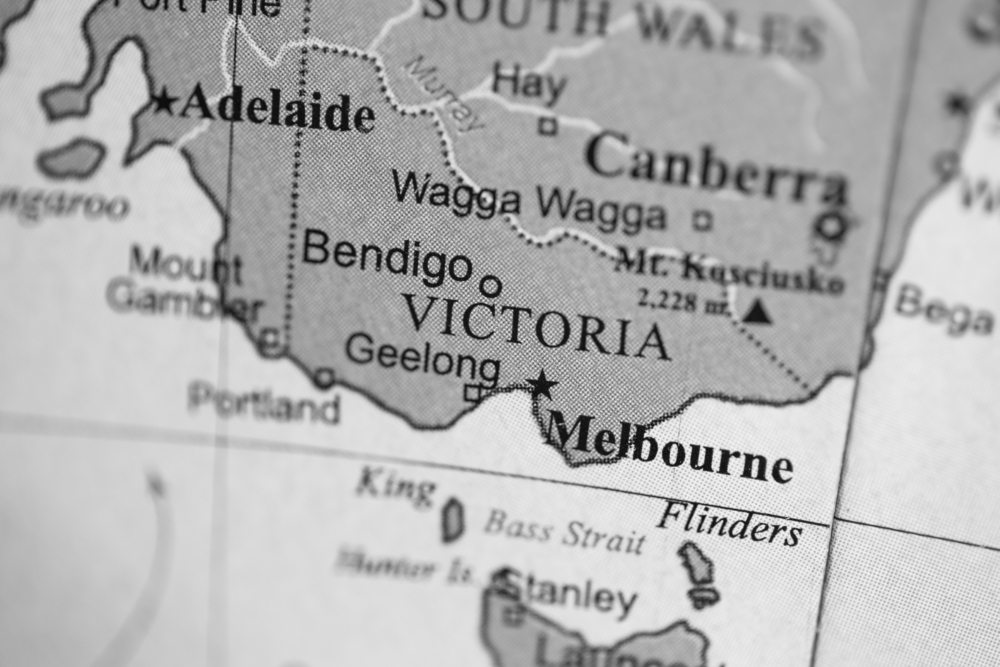Anyone I speak to who is involved in the electricity industry in Australia and even some who are not, has a view of Victoria’s distributor led smart meter rollout.
Regardless of opinion, the facts are most Victorian households have smart meters. Across the five distributors in Victoria, the majority of these households leverage the same IP-based, radio mesh network technology.
In recent years Australia’s energy regulator has decided electricity retailers should be responsible for the installation of smart meters and, as part of its Power of Choice program, are making the necessary policy changes to enable a competitive market for the delivery of metering and meter data services. Over time, Victoria will see an increase in the number of networks managing the same number of smart meters.
I wonder, had the Victorian Government taken a different position, one where it took a more holistic approach and provided more regulatory oversight, could it have enabled far greater improvements to essential services at a reduced cost to its residents and businesses?
This alternate path would have seen the consolidation of the management of the network infrastructure. It would then have directed organizations responsible for essential services such as electricity, gas, water, street lighting, waste, etc. to leverage this network infrastructure, reducing costs in areas such as meter reading. These cost savings can be passed on to customers.
Customers would still be able to approve third-party access to their data; but rather than just receiving services to help them save energy and save money on their electricity consumption, they would get this for water, gas, and electricity.
Services such as electricity, gas, water, street lighting, waste, etc. can all be improved once digitized. The issue usually, is the initial investments required are too expensive to justify when looked at in isolation as each one leverages its own network infrastructure. Leveraging the same network infrastructure would result in economies of scale that drive down overall costs to the consumer.
I rarely challenge decisions based on open market principles. In this instance, given the investment has already been made, and the network infrastructure is already in place, I wonder if Victoria has missed out on an opportunity to create a Smart State?
…
We have recently launched the utilidocs™ services catalogue, which describes over 100 services enabled by smart metering, demand response, and behind the meter technologies.
